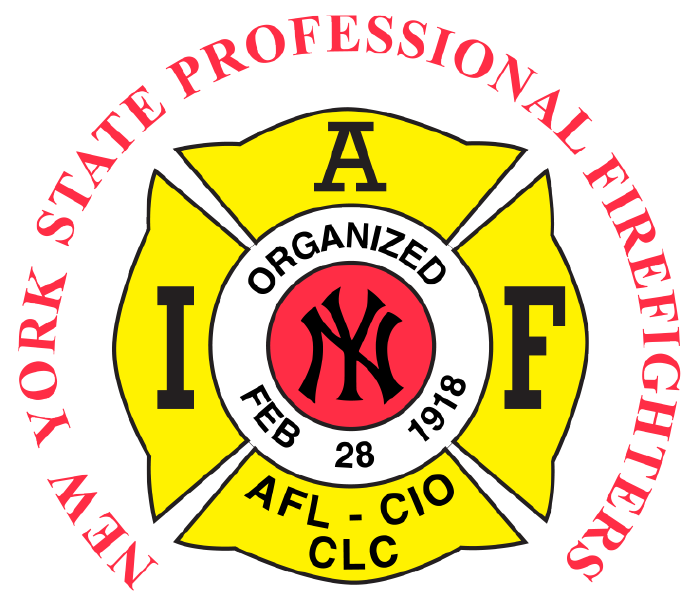In the very near future, the U.S. Supreme Court will make a decision on Janus v. AFSCME Council 31.
Like you, we are waiting on the decision and the exact effect it will have on our union.
No matter the outcome, every IAFF affiliate, regardless of the state it is in, should view the Janus decision as an opportunity to engage our members while showcasing the value your local, state and International union provide every day.
We urge affiliate leaders to take these initial steps ahead of the Supreme Court decision:
- Review, Enhance and Work to Strengthen Your Communication Infrastructure. How you communicate with your members is important. How they communicate with you is even more important. Make sure you have up-to-date contact information for your members so they can stay informed and give you their ideas, wants and needs.
- Talk to Your Lawyers. Now is the time to have the conversation with your local attorney to evaluate any potential changes to the environment you work in.
- Talk to Your Employers. Where possible, work together with your employer to address how a negative decision on Janus might be communicated to your members and the actions your employer will be taking to stop agency fee pay.
If you already demonstrate your value every day, keep doing what you have been doing. The IAFF has strong affiliates that already operate under Janus-like rules in right-to-work states. They stand as a great example for other affiliates looking to show members the value of union membership.
While the intent of Janus is to try to undermine our IAFF and other unions, it is important that we remain focused while continuing to do the great work we do every day that shows value to our members.
In the coming days, we will provide you with more guidance and education materials on this issue. We will have a national statement and other tools for you to use with your members and the community.
If you need additional ideas, more information or to talk to someone, contact your District Vice President.
Janus v. AFSCME Local 31 is a challenge to a 40-year-old precedent that allows public sector labor unions in non-right to work states to collect agency or fair share fees from individuals who are part of the bargaining unit but not members of the union. It is widely expected that the Supreme Court will overturn that precedent and the agency fee will be eliminated.
